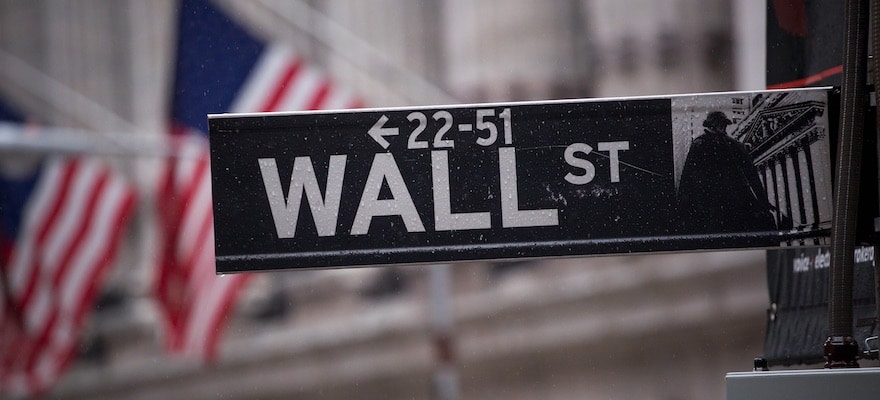After 20 years of active trading I have realized, both through my own experiences and by watching my peers, that the most effective way to be a consistent producer in this business is to simplify things. “Less is more,” as I like to say. Back when I started trading (1995) you either paper traded (in a loose-leaf binder) or put real money to work.
There weren’t any simulated platforms to trade on. There weren’t any tweets. If a stock made a violent move, we traded it and worried about the news later, which was usually precluded by rampant rumors (which I liked, because it kept up the action until something concrete came out as to why the wild movement). Point being, I had to learn early and my mistakes were reflected in my P&L. I have clients that traded on simulated accounts and treat it like a video game and don’t take their fundamentals seriously.
I tell them this: If you are hitting golf balls on the practice range you probably try some crazy shots or try to hook or fade the ball. But really you gain nothing because you are out of your routine and not working on your core skills. I doubt you would try the same shots or have that lack of discipline on the course. Don’t waste time. Instead, build your own style. Every tick is a learning experience and should be absorbed as an opportunity to learn.
As I became more experienced and made consistent money, then came the “perks.” I added more computer screens, ordered Bloomberg, read books, went to seminars and, in some ways, tried to adopt, and even copy, more successful traders' styles and their mantras and disciplines. As time went on, with all this inundated information, I actually became more confused and had conflicting ways in which I looked to enter or exit a position. My thoughts were no longer mine. The very thoughts that got me there were suppressed, and at that stage of my career I started to tread water and churned my account.
I got back on track, or in other words--one of the oldest philosophies out there that I suggest every time one is in a slump or not seeing things clearly--I went back to basics. I simplified things and took all the knowledge that I acquired from myself, other traders, books etc. and developed my own style. I have gotten tons of advice from elder traders that I should find a specialty and focus and try to perfect that, but I didn’t go that far. Don’t get me wrong, I didn’t make these rules up. I just stuck to them. I would venture to say that the top five trading principles I abide by are in the top 10 of the best traders out there. I narrowed down my rules and complimented them with my trading style. I also realized that there is always another trade and to not get frustrated when I miss a trade. If you are able to be patient then you will have the patience to work on your style.
There is nothing worse than losing on a trade or being in a bad position when you break your disciplines. The fact that I may let myself down is worse than any monetary loss. Always keep in mind that you’re only as good as your last trade, and if that last trade is a discipline breaker, then that’s what you are until you get back on track.













